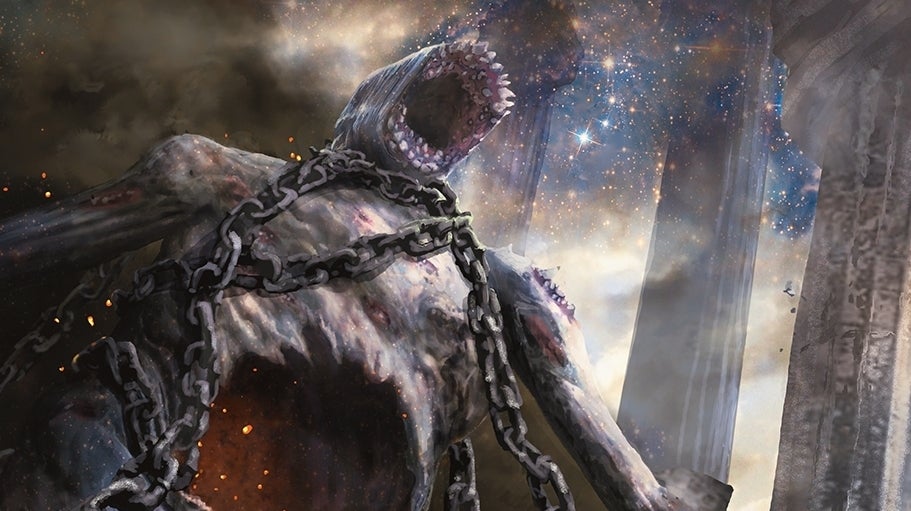I’m really excited about Magic: The Gathering and I never thought I would be, never ever. When a friend once snootily told me HearthStone was a simplified version of Magic and eww how could I play it, I thought it was all I ever needed to know about it. Did I want to play a complicated game with snooty people? No I did not. But now I’m hooked. I play Magic pretty much every day, even when I’m supposed to be working, and it’s all because of Arena.
Arena is the quite-new free-to-play online game which came out properly in 2019. OK so what? But what’s special about this online card game is the role it plays alongside an existing physical card game. One isn’t out to cannibalise another because obviously that would be stupid. Instead, they serve each other.
Arena plays a crucial role for someone like me still learning the game (and it has played a crucial role for everyone stuck at home during the coronavirus pandemic unable to get out and play Magic face-to-face). It plays the role of an expert sitting with me telling me what I can and can’t do, someone who highlights my options while also keeping track of all the dizzying numbers and buffs and abilities in play. It means I never have to refer to the manual, as it were. All I have to think about is strategy.
1 of 4 Caption Attribution This is Jumpstart. A few clicks and you have a new deck.
Strengthening this bond is the ability to import decks from real-life into Arena, meaning you have an incentive to physically own them. Pre-built decks come with a code you redeem in Arena’s store and it’s very satisfying seeing the cards woosh into the game as if pulled in from real-life. Arena also breathes life into them with animations and sound effects, and the more you come across certain cards in Arena, the more you’ll build up a sort of relationship with them, so that when you look through your physical deck again, you’ll know the cards within in a different way.
